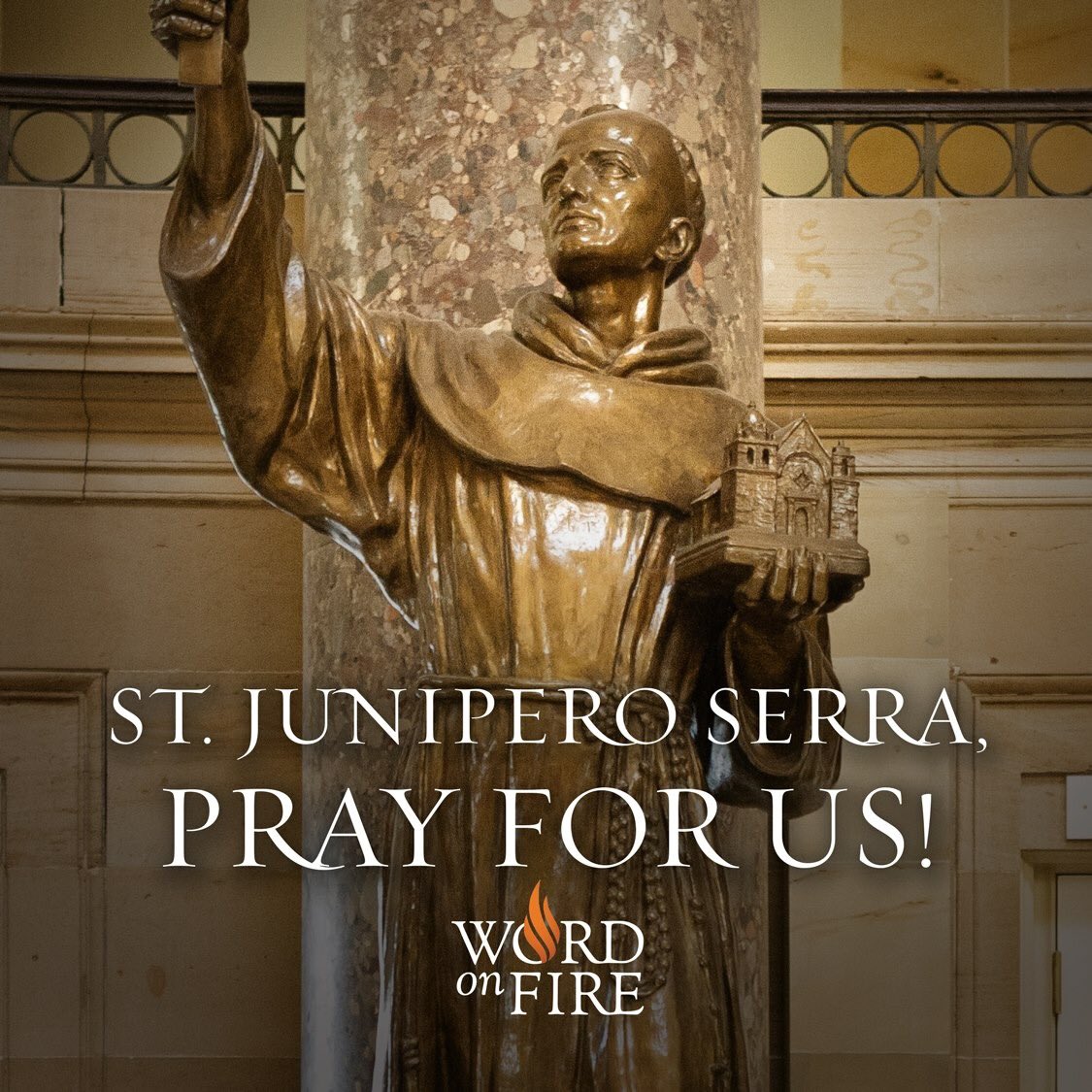1.
Fragrant incense and light on Easter Sunday: a glimpse of the Empty Tomb! https://t.co/bDzVhJwGmT
— Fr Lawrence Lew OP (@LawrenceOP) April 7, 2015
2. I had a conversation with a Muslim cab driver yesterday about the Easter octave. He had no idea. He thought it was one day and over. He thought that odd, too, because Christians believe something quite extraordinary, it seems not quite right to keep it to a day.
Fr. Steve Grunow has some similar thoughts:
On Sunday the Church began her celebration of the Easter mysteries- please note that I used the word began because while the popular perception is that the Church’s celebrations are over almost as soon as they begin, the actual fact of the matter is that the Church will celebrate Easter for eight days, and then commemorate the great mystery of the Lord’s resurrection from the dead for seven weeks until day of Pentecost.
Thus, we will for eight days celebrate what the sages of the Church’s worship call an “octave” and what this means is that for eight days the Church’s worship is meant to be characterized by a grandeur and solemnity similar to that of Easter Sunday. Imagine that! That’s the expectation- the actual practice sadly aspires to far less.
Aspiring to less is one of the prevalent characteristics of religious observance in our times. Citing the busyness of our schedules and the demands of our economic obligations, most people want less in terms of religious observances, while at the same time wanting that less to do more. The idea that a religion might ask more than us than the bare minimum is met with protest. Less is more we tell ourselves. Eight days of solemn worship for Easter! Are you kidding?! “Ain’t nobody got time for that”!
….
In the Resurrection, God in Christ delivered more to us than we could ever have expected and asks more of us that the world thinks is possible. Belief in Christ’s Resurrection and the practice of that faith is always about more, rather than less. May God in Christ deliver from the temptation that in terms of the Christian religion, we can be content to settle for less rather than accept more.
3. Fr. Lawrence Lew:
when Mary Magdalene turns around, Jesus is already there but she doesn’t know it. So, too, Christ is among us and waiting for us, but we often overlook this, we often forget his abiding presence. But through his Word, God restores and creates anew our relationship with God. Hence the Risen Lord calls Mary by name – just as Adam had named the creatures in Eden and so entered into a relationship with them, so now the new Adam calls us each by name and restores us to a new relationship with God.
And this relationship has to be reciprocal. So Mary recognizes Christ and calls him ‘Teacher’. So, too must we. For we, who are called ‘Christian’, who have entered into a new relationship with God through baptism, are thus called to learn from Jesus. We are his disciples and he is our Teacher: the Risen Christ teaches us how to be more truly human, freed from the sorrow of sin and its deadly corruption; how to become fully alive in God through the Holy Spirit; how to live in the new creation through grace and the sacramental life of his Church. In short, the Risen Jesus teaches us how to be an Easter people.
And the result of this life of grace is the restoration of what Adam and Eve had lost. Paradise is regained, and even surpassed for we are not just restored to friendship with God, but, as Jesus tells Mary, God becomes our Father (cf Jn 20:17). As such, through the grace of the Risen Christ, we share in his divine Sonship; we, too, are raised to the heights and will ascend with Christ at last to share in his Easter glory.
4.
The Risen Lord appears to St Mary Magdalene: stained glass from the Sacred Heart Basilica in Paray-le-Monial https://t.co/bjxX7zYpHb
— Fr Lawrence Lew OP (@LawrenceOP) April 7, 2015
5. My student brother friends at the Dominican House of Studies have a new website.
6. This looks like a thing to do:
This Friday starts our 33 day prep 4 total consecration #toJesusthroughMary in prep for @WMF2015 – Join us! http://t.co/9EMRYCvkZQ
— ArchPhillyEvang (@ArchPhillyEvang) April 7, 2015
7. The one on earth who does not ascend by faith to Christ in heaven does not touch Christ with his hand. – St. Peter Chrysologus
8. Saint Anastasius of Antioch:
It was necessary for Christ to suffer: his passion was absolutely unavoidable. He said so himself when he called his companions dull and slow to believe because they failed to recognize that he had to suffer and so enter into his glory. Leaving behind him the glory that had been his with the Father before the world was made, he had gone forth to save his people. This salvation, however, could be achieved only by the suffering of the author of our life, as Paul taught when he said that the author of life himself was made perfect through suffering. Because of us he was deprived of his glory for a little while, the glory that was his as the Father’s only-begotten Son, but through the cross this glory is seen to have been restored to him in a certain way in the body that he had assumed. Explaining what water the Savior referred to when he said: He that has faith in me shall have rivers of living water flowing from within him, John says in his gospel that he was speaking of the Holy Spirit which those who believed in him were to receive, for the Spirit had not yet been given because Jesus had not yet been glorified. The glorification he meant was his death upon the cross for which the Lord prayed to the Father before undergoing his passion, asking his Father to give him the glory that he had in his presence before the world began.
9. Go to National Review for my interview with Jeb Bush about his Catholic faith and what he has to say about Christian persecution.
And see how you can purchase an icon of the 21 Coptic martyrs.












